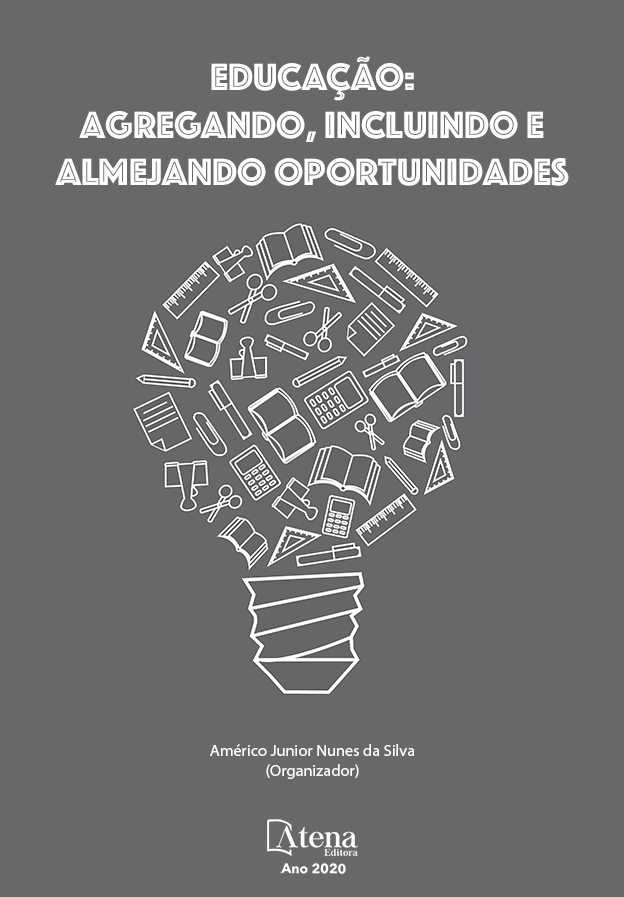
AVALIANDO AS BANCAS AVALIADORAS. CONTRIBUIÇÕES PARA O APRIMORAMENTO DA GESTÃO ESCOLAR DA CIDADE DO RIO DE JANEIRO.
Através da Resolução SME Nº 1.133 de maio de 2011, a Secretaria Municipal de Educação da cidade do RJ (SME/RJ) instituiu um procedimento de seleção de candidatos ao cargo de diretor escolar. Dentre as exigências do processo, uma delas era a apresentação de um Plano de Gestão para uma banca avaliadora. Este artigo discute as contradições entre a ideia de avaliação e sua função social defendida na SME/RJ e a efetivamente praticada. Trata-se de um estudo de caso onde após “peregrinar”, sem êxito, por dez bancas avaliadoras de escolas em vacância em seis diferentes Coordenadorias Regionais de Educação (CRE) propõe-se sugestões para o aprimoramento desse processo seletivo a partir de uma avaliação das bancas avaliadoras. É comum criticarmos o uso autoritário, excludente e excessivamente subjetivo do instrumento de avaliação pelo professor em sala de aula, entretanto, quando servidores do nível central e intermediário estão na posição de avaliadores, contraditoriamente, incorrem nos mesmos ‘tropeços pedagógicos’ que desejam ver superados. Urge reduzir a distância entre o que se diz e o que se faz.
AVALIANDO AS BANCAS AVALIADORAS. CONTRIBUIÇÕES PARA O APRIMORAMENTO DA GESTÃO ESCOLAR DA CIDADE DO RIO DE JANEIRO.
-
DOI: 10.22533/at.ed.1842025093
-
Palavras-chave: Avaliação, Avaliação Democrática, Gestão Escolar
-
Keywords: Evaluation, Democratic evaluation, School Management
-
Abstract:
Through SME Resolution No. 1,133 of May 2011, the Municipal Department of Education of the city of RJ (SME / RJ) instituted a procedure for selecting candidates for the position of school director. Among the requirements of the process, one of them was the presentation of a Management Plan for an evaluation panel. This article discusses the contradictions between the idea of evaluation and its social function defended in SME / RJ and that effectively practiced. This is a case study where after “wandering”, unsuccessfully, by ten evaluation boards of vacant schools in six different Regional Education Coordinators (CRE), suggestions are made for improving this selective process based on an evaluation evaluation boards. It is common to criticize the authoritarian, exclusive and excessively subjective use of the assessment instrument by the teacher in the classroom, however, when central and intermediate level employees are in the position of evaluators, contradictorily, they incur the same 'pedagogical stumbling blocks' that they wish to see overcome . There is an urgent need to reduce the distance between what is said and what is done.
-
Número de páginas: 13
- Anderson Paulino de Souza


